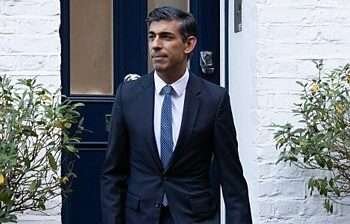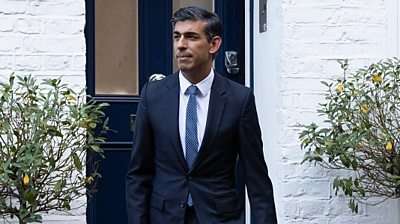Mr. Denis Gyeyir, the Africa Programme Officer of the Natural Resource Governance Institute (NRGI), has tasked the government to hold more consultations with stakeholders the on the Energy Transition Plan (ETP).
According to the Africa Programme Officer of NRGI, the government’s engagement would ensure the buy-in and acceptance of all stakeholders of the the Energy Transition Plan. “I urge government and the Ministry of Energy to engage CSOs on the final draft energy transition plan for the inputs and comments,” Mr. Gyeyir stated.
“We noted in the budget that the Ministry of Energy had finalized the Energy Transition Framework which is to provide the path to achieving net zero emission by 2070, therefore it was important for more engagements for sustainable utilization of Ghana’s natural resources.”
Mr. Denis Gyeyir
Mr. Gyeyir iterated that CSO’s inputs and comments would be crucial to come out with a document that would meet the needs and aspirations of the country.
Mr Gyeyir called on government to consider transferring Jubilee Oil Holdings Limited (JOHL) shares to Ghana National Petroleum Corporation (GNPC) and ensure proceeds of liftings go into the Petroleum Holding Fund (PHF).
The Africa Programme Officer of NRGI lamented about the fact that government is still not prioritising enough in terms of allocation of Annual Budget Funding Amount (ABFA) funds, making it difficult to undertake legacy projects.
“We proposed this but was conspicuously missing in the revenue measures proposed by the government, if this is done revenue stream would not be lost to some offshore company whose beneficial owners are unknown.”
Mr. Denis Gyeyir
Spending the Petroleum Revenue
The Programme Officer noted that spreading petroleum revenues thinly on so many projects is not helping the country and ensuring value for money for financial resources from the country’s hydrocarbons.
“Looking at the four priority areas for government thus, agriculture, physical infrastructure and service delivery in education and health, roads, rails, other critical infrastructure and industrialisation, maximum impact for citizens need to be ensured to realize the full benefits of the production of oil and gas in Ghana.”
Mr. Denis Gyeyir
Like the citizens of most developing countries, Ghanaians are increasingly affected by climate change, despite bearing little responsibility for the emissions that have caused it.
Meanwhile, Ghana is developing an Energy Transition Plan as part of measures to diversify from hydrocarbons in order to combat climate change.
It can be recalled that in response to COP26, Ghanaian CSOs’ demands for a national energy transition policy, and as a result, the government launched the National Energy Transition Committee (NETC) in December 2021. The committee was tasked with developing a national policy document on steps the country can take to successfully navigate global energy transition.
READ ALSO: Ghana Commodity Exchange Partners with World Food Programme to Manage Warehouse for Maize Farmers




















